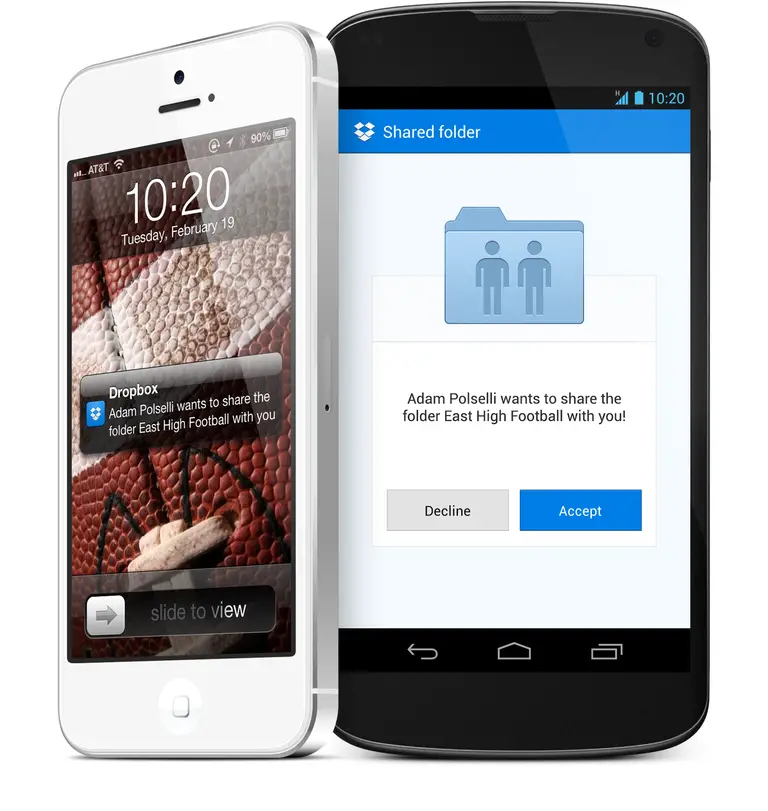
/cdn.vox-cdn.com/assets/2586877/google_drive.png)
- DROPBOX DESKTOP APP HOW TO
- DROPBOX DESKTOP APP ZIP FILE
- DROPBOX DESKTOP APP MANUAL
- DROPBOX DESKTOP APP CODE
Selective sync is important in the sense that you may not require all files and folders on all of your devices.
DROPBOX DESKTOP APP HOW TO
Today we will throw more light on how to use these features and what they mean.Ĭool Tip: Also check out our guide on how to sync email desktop clients across computers/devices using SkyDrive.

Besides, I am pretty sure that Microsoft is going to attract a lot more people into using the desktop application now. Though a little late, it is good that they have come in.
DROPBOX DESKTOP APP CODE
Copy the following code into the Lambda function editor: const appId = ENTER YOUR APP ID Ĭonst branchName = ENTER YOUR BRANCH NAME Įxports.And sharing of files/folders via the desktop app. In the Lambda console, create a new function with a new role by choosing Author from scratchĢ. Use the same setup for a continuous delivery service such as AWS CodePipeline, or for GitLab or BitBucket pipelines.ġ. Now, set up an S3 trigger so that your site is updated automatically every time you push a new change.
DROPBOX DESKTOP APP ZIP FILE
The zip file that you uploaded should automatically appear in the Zip file list.ĥ.

For Method, choose Amazon S3, and for Bucket, choose the bucket you just created. In the Amplify Console, choose Deploy without a Git providerĤ. For this example, use the AWS CLI to upload your file to S3 (you can also use the S3 console): cd myawesomeappģ. Build your app locally and upload a zipped version of your build artifacts. In the S3 console, select an existing bucket or create a new oneĢ. Set up an S3 bucketįor this example, set up an S3 bucket to automatically trigger deployments to your site on any update:ġ. For example, you can automatically trigger updates to your site using the Amplify Console, S3, and AWS Lambda. You can continue to use S3 to sync your files while also leveraging the hosting features offered by the Amplify Console. Many developers use S3 for static hosting. Provide the URL and choose Save and deploy.

There are three locations from where you can manually deploy files: This post describes how to deploy files manually from several different locations. You can now use Amplify hosting with your own CI workflows, or to quickly generate a shareable URL to share a prototype. The Amplify Console offers fully managed hosting with features such as instant cache invalidation, atomic deploys, redirects, and custom domain management. You can deploy files stored on your desktop, Amazon S3, or files stored with any cloud provider.
DROPBOX DESKTOP APP MANUAL
Product Manager, AWS.ĪWS Amplify recently launched a manual deploy option, providing you with the ability to host a static web app without connecting to a Git repository. This article was written by Nikhil Swaminathan, Sr.


 0 kommentar(er)
0 kommentar(er)
